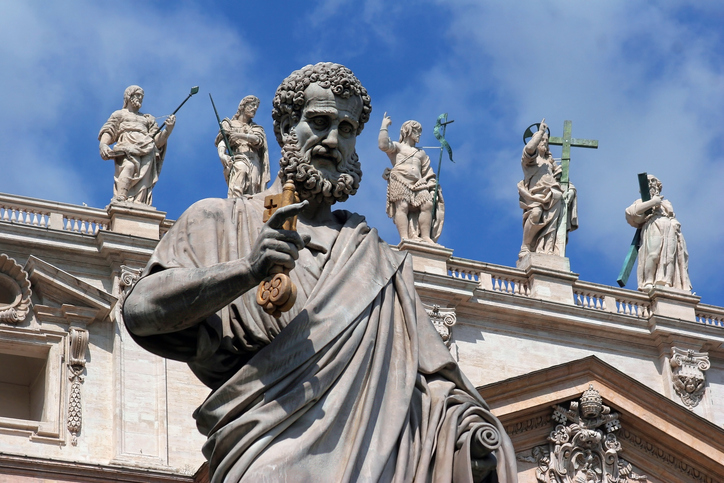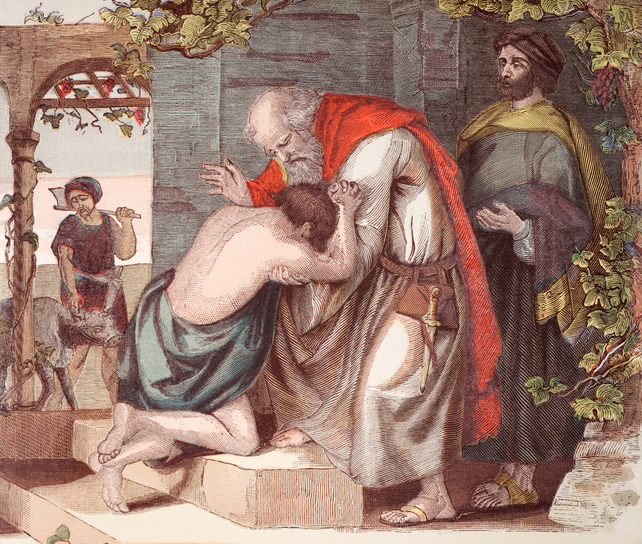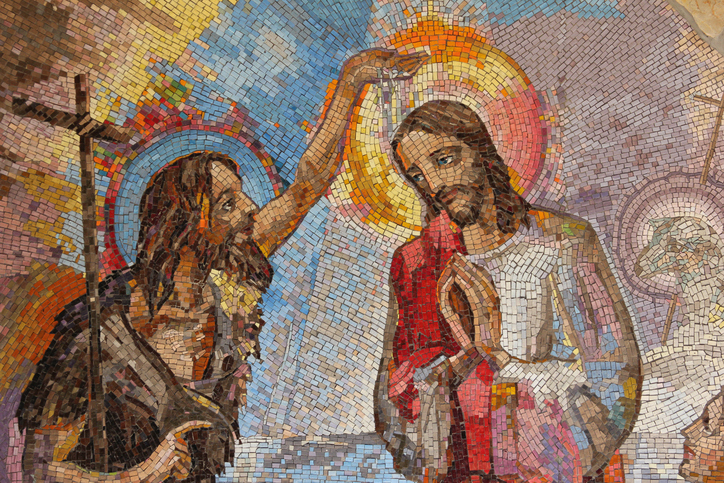This week, I cried for our world. I watch the news, I follow social media, I talk with coworkers, so I am painfully aware of our world’s struggle. I am aware of the situation happening to immigrant children in our own country. I am aware of the religious persecution. I am aware of racial bias. I am aware of refugee struggles and rejection. I am aware of the fight for basic humanity. Where is the basic humanity?
I cannot understand why people do not simply care about each other. Who are we to judge one another? Are we not brothers and sisters in Christ, regardless of our differences? Who are we to deny others of the same freedoms we, ourselves, fight for? We are all struggling in one way or another and yet we are often very picky of who we will and will not lift up.
Today’s first reading says, “Brothers and sisters: You are no longer strangers and sojourners, but you are fellow citizens with the holy ones and members of the household of God, built upon the foundation of the Apostles and prophets, with Christ Jesus himself as capstone.” (EPH 2:19-21)
Last week was Catholic Religious Freedom Week and tomorrow is the Fourth of July, an anniversary of our nation’s independence. We should use today to reflect upon what tomorrow truly means. What does our freedom and independence mean? It means our country is a melting pot, filled with cultures, races, and backgrounds that are all able to come together in a single country.
We are all one in God’s eyes. There is no “us” and “them” in Catholicism. Just as our country is one nation under God – not one American nation under God, not one North American Nation under God, but just ALL one nation under God – we are all children of God. When Jesus told us to love our neighbors as ourselves, he further explained what he meant by literally everyone being our neighbor using the parable of the good Samaritan. You see, we are all strangers on the road between Jerusalem and Jericho. It is up to us to be the Good Samaritan that treats all with mercy.
For more information on the Catholic Church’s stance on Religious Liberty, click here.
For last week’s Religious Liberty daily prayers and reflections, click here.

Veronica Alvarado is a born and raised Texan currently living in Michigan. Since graduating from Texas A&M University, Veronica has published various articles in the Catholic Diocese of Austin’s official newspaper, the Catholic Spirit, and other local publications. She now works as the Content Specialist in Diocesan’s Web Department.















